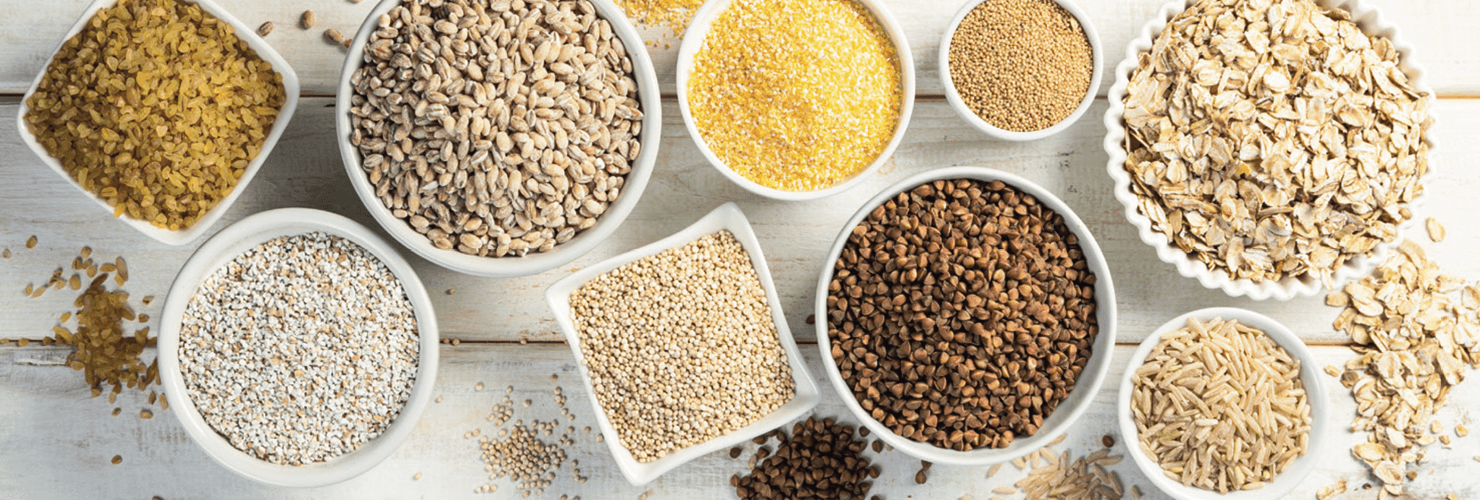Microtec Engineering Group | Celebrating Australian Food and Agribusiness Innovations 2021

Increasing health awareness among consumers has led to demand for functional foods that provide additional health benefits. Dietary fibre has a direct influence on blood sugar levels and can help prevent adverse health conditions including diabetes and obesity, so food producers are increasingly looking for ways to incorporate it as a functional ingredient in processed foods, allowing them to develop options that meet consumer expectation.
Manufacture of palatable, quality, high-fibre foods is challenging, as many of the currently available fibre sources have negative technological impact and unwanted sensory influence on the food’s texture, flavour and colour. Food producers are increasingly seeking sources of dietary fibre that feature ‘invisible fibres’, allowing them to minimise the negative impact and deliver a palatable high- fibre product.
Microtec Engineering Group has created a technology that converts native starch — such as cassava, potato, corn or wheat — into a resistant starch (a rich source of dietary fibre). The technology allows starch producers to convert an existing low-margin product into a value-added product with high market demand. The resultant resistant starch can be formulated into a wide variety of foods including bakery, cereal, dairy, confectionery and snack products. It allows formulators to boost fibre content and lower calories while delivering confirmed health benefits to consumers.
In developing this new technology, Microtec worked with FIAL, which acted as an innovation accelerator to put the research-driven plan into practice. Experienced Microtec engineers teamed up with Australian university starch scientists to develop the scalable technology, which has received interest from both local and international markets. Australia’s reputation for innovation, along with its high food safety and production standards, has opened doors and led to export of the technology to many international markets including Romania, South Korea, Saudi Arabia, Pakistan, Cambodia, China and Turkey.

